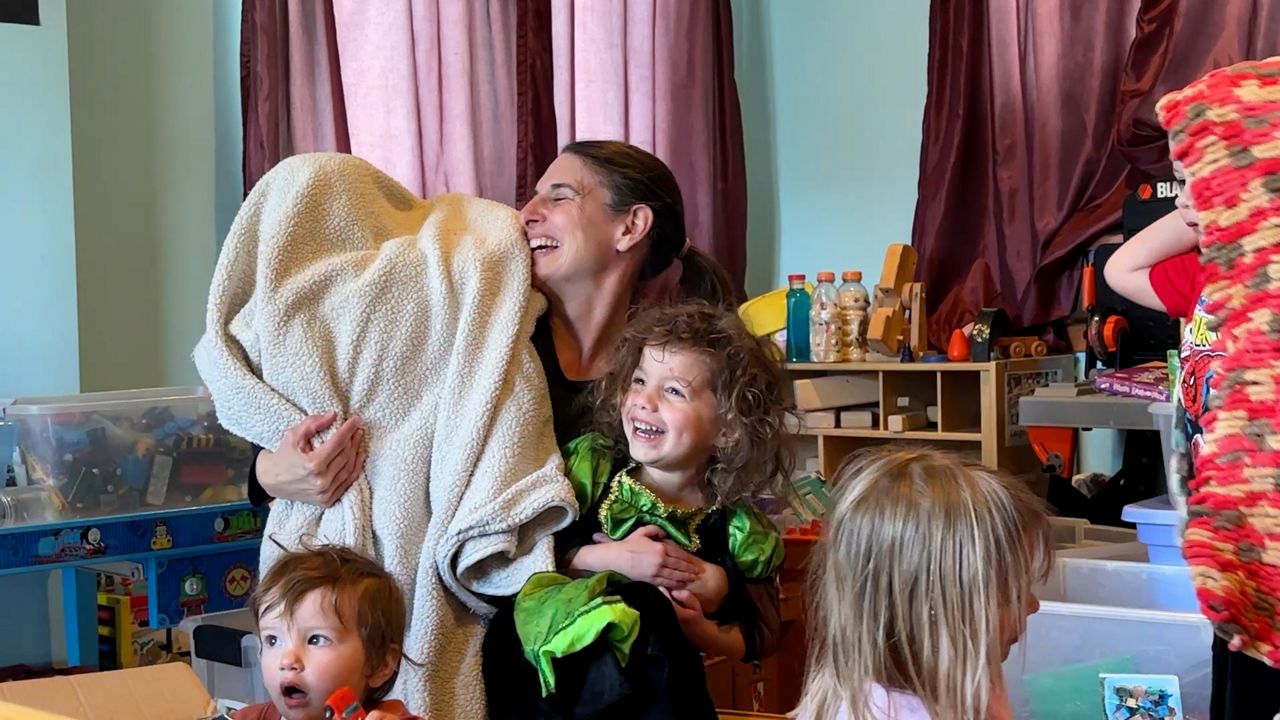MADISON, Wis. — A team of University of Wisconsin-Madison scientists is working on growing plants in space.
“Plants are just amazing,” Simon Gilroy said. “And space is a very weird place.”
Gilroy is a botany professor at UW-Madison. The United Kingdom native leads a team with one big question: How would plants grow when they’re not on Earth?
The team is investigating the effects space has on horticulture. After “hanging out with some NASA scientists,” they realized they could work together to send plants to the International Space Station.
“Gravity is just a thing which has always been there. It’s always been the same and it always points down,” Gilroy said. “You go into space, and that constant which has shaped how all biology works disappears.”
The plan began about four years ago. Gilroy said the team spent two to three years planning and experimenting. There’s no way to accurately simulate a zero gravity environment, but they did their best to try, despite having various unknowns.
“In space, water is sticky and creepy,” he said. “How are you going to water your plants in space where gravity doesn’t move the water in the way you think it’s going to move?”
They’ve now sent multiple plants on NASA rockets.
“Every single rocket launch is just mind-blowing when you actually see it,” Gilroy said. “It looks like a movie. It’s so cool.”
The team has access to visuals and data on the plants while they’re in space. That way, they’re able to track its progress, and compare it to an identical plant grown on earth at the same time.
Gilroy’s lab just received their latest samples. They get delivered via FedEx. Now, they’re onto the next phase of their research.
“One of the big goals for plant biologists for spaceflight research is also working at, basically, how do you become a good gardener?” Gilroy said. “How can you reliably produce the nutrients and the food that the astronauts will need?”
Funding for the program is a partnership between UW-Madison and NASA, with NASA taking on all the expenses of the actual space portions.










